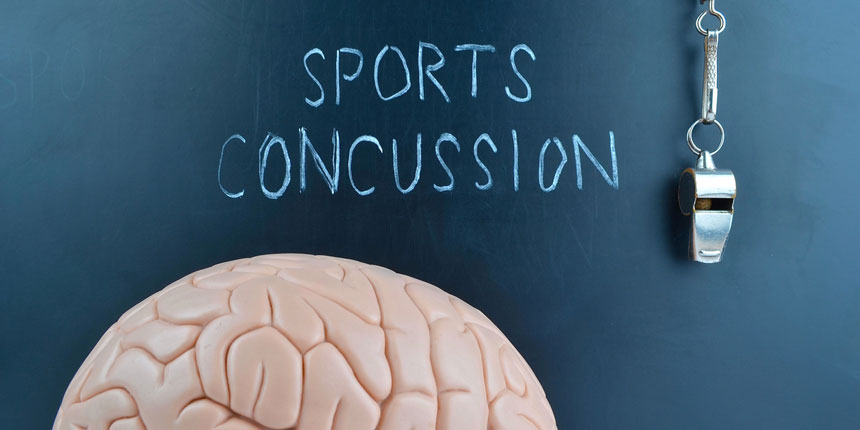Southcoast Concussion Experts Keep an Eye on Young Athletes

We have learned a lot in recent years about the long-term effects of concussions. And while eliminating all concussions will never be possible, increased attention to the issue has improved prevention efforts and led to a greater understanding of what is needed to ensure the best possible recovery.
Dr. John Dorn, director of neuropsychology at the Southcoast Brain & Spine Center, describes the multistage process of prevention, evaluation and treatment, if needed, that can help protect kids from brain injuries.
Since 2010, Massachusetts has required public middle and high schools to have policies and procedures to address sports-related head injuries, including concussions. Many schools offer baseline Immediate Post-Concussion Assessment and Cognitive Testing (ImPACT) evaluations to student athletes before their seasons start. If an athlete gets a head injury, he or she can retake the ImPACT test, and doctors can compare the results against the child’s baseline to help determine the severity of the concussion. Clinicians at Southcoast’s Concussion Clinic at the Brain & Spine Center can use those results to determine the best treatment plan and guide safe return-to-play decisions.
Preventing concussion
Kathy Thornton, team leader of Injury Prevention and Occupational Health at Southcoast, is a licensed athletic trainer who works with the Massachusetts Department of Public Health to ensure that school athletes are protected from preventable injury as they play. She also sits on the Youth Sports Concussion Panel. Both bodies evaluate the rules and regulations that govern school sports.
Thornton and other athletic trainers are licensed healthcare providers who work with coaches and athletes across the state. In the preseason, they provide education on concussion and guide conditioning to help lessen the odds of it occurring. “We work on the mechanics of movement, strength, balance and coordination,” Thornton says. She also describes how teams work on neck strength, particularly in football, so that if jarring occurs, players can limit the ‘whiplash’ effect of the brain rocking inside the skull, the hallmark of concussion.
During the season, athletic trainers are on the field to assess and treat injuries. “In the case of serious injuries, we evaluate those and determine a course of action,” she says. “We are there to make the decisions in the best interest of the athlete — to determine whether that student can play safely, or if they have to stay out until they see a doctor.”
“The tough thing about concussions is that nothing will truly prevent them,” Thornton says. “But we can do a lot to make sports as safe as possible.”
Of course, other kinds of accidents can also cause concussion, so it is important for children and teens to wear helmets for activities like bike riding and skateboarding.
Treating concussion
If a concussion is suspected, it is important for the child to stop playing and have an assessment done by a medical professional. He or she will look for symptoms such as headache, dizziness, nausea, vision or balance problems, or sensitivity to light or noise. Cognitive, emotional or sleep-related symptoms can occur days later.
Dr. Dorn notes that primary care doctors can refer children and adults who have suffered concussions to Southcoast’s Concussion Clinic for further assessment of their attention, concentration, memory, balance, coordination and other mental functions.
The primary treatment for concussion is physical and cognitive rest. “We tell them to stay off electronic devices — concussion patients are especially sensitive to light and sound,” Dr. Dorn says. “As hard as it can be for some kids to temporarily give up computers, tablets and phones, exposure to bright screens will prolong their recovery.” In addition, the child can be given over-the-counter pain relievers for headache and instructions on staying well-hydrated.
Children who are in school or summer classes might have to reduce their academic demands, too. “We work with families and schools to help students decrease their homework and testing load and develop a plan for ramping that back up as they recover,” Dr. Dorn says. “One of the hallmarks of concussion is inefficient [mental] processing, so we work with students on how quickly they can go back to academics, as well as returning to sports.”
Learn more about how experts at the Southcoast Brain & Spine Center help diagnose and manage concussions.

 Matt Guthrie
Matt Guthrie 